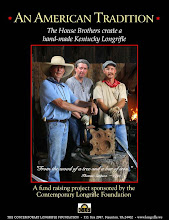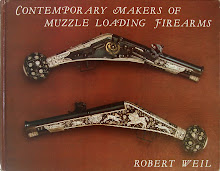The Liberty Bowl honored ninety-two members of the Massachusetts House of Representatives who refused to rescind a letter sent throughout the colonies protesting the Townshend Acts (1767), which taxed tea, paper, glass, and other commodities imported from England. This act of civil disobedience by the "Glorious Ninety-Two" was a major step leading to the American Revolution. The bowl was commissioned by fifteen members of the Sons of Liberty, a secret, revolutionary organization to which Revere belonged; their names are engraved on the bowl as are references to Englishman John Wilkes, whose writing in defense of liberty inspired American patriots. The Liberty Bowl, the Declaration of Independence, and the Constitution have been called the nation's three most cherished historical treasures. The bowl was purchased by the Museum in 1949, with funds that included seven hundred donations by Boston schoolchildren and the public.
Inscribed below the rim: "Caleb Hopkins, Nathl barber, John White, Willm Mackay, Danl Malcom, Benjn Goodwin, John Welsh, Fortescue Vernon, Danl Parker, John Marston, Ichbod Jones, John Homer, Willm Bowes, Peter Boyer, Benja Cobb."
One side, in a circle with a scroll and foliated frame topped by a Liberty cap flanked by flags is engraved: "Magna/Charta" and "Bill of/Rights." Inside the circle is inscribed: "No45. /Wilkes & Liberty" over a torn page labeled "Generall/Warrants."
Inscribed on the other side, a Liberty Cap in a wreath above leafy scrolls: "To the Memory of the glorious NINETY-TWO: Members/of the Honbl House of Representatives of the Massachusetts-Bay/who, undaunted by the insolent Menaces of Villains in Power/from a Strict Regard to Conscience, and the LIBERTIES/of their Constituents, on the 30th of June 1768 /Voted NOT TO RESCIND."
Copy and images from the Museum of Fine Arts Boston.

































No comments:
Post a Comment
Note: Only a member of this blog may post a comment.